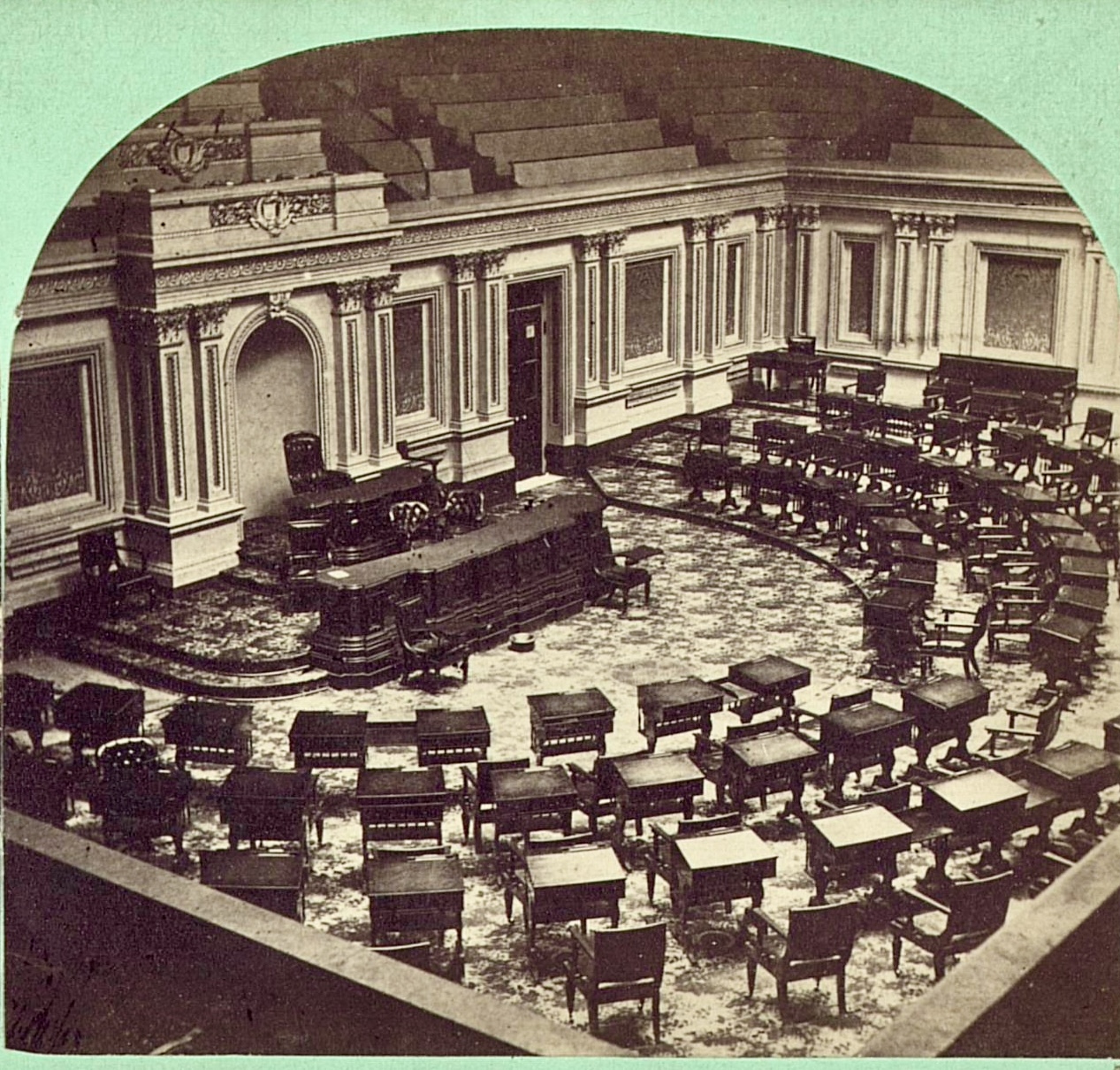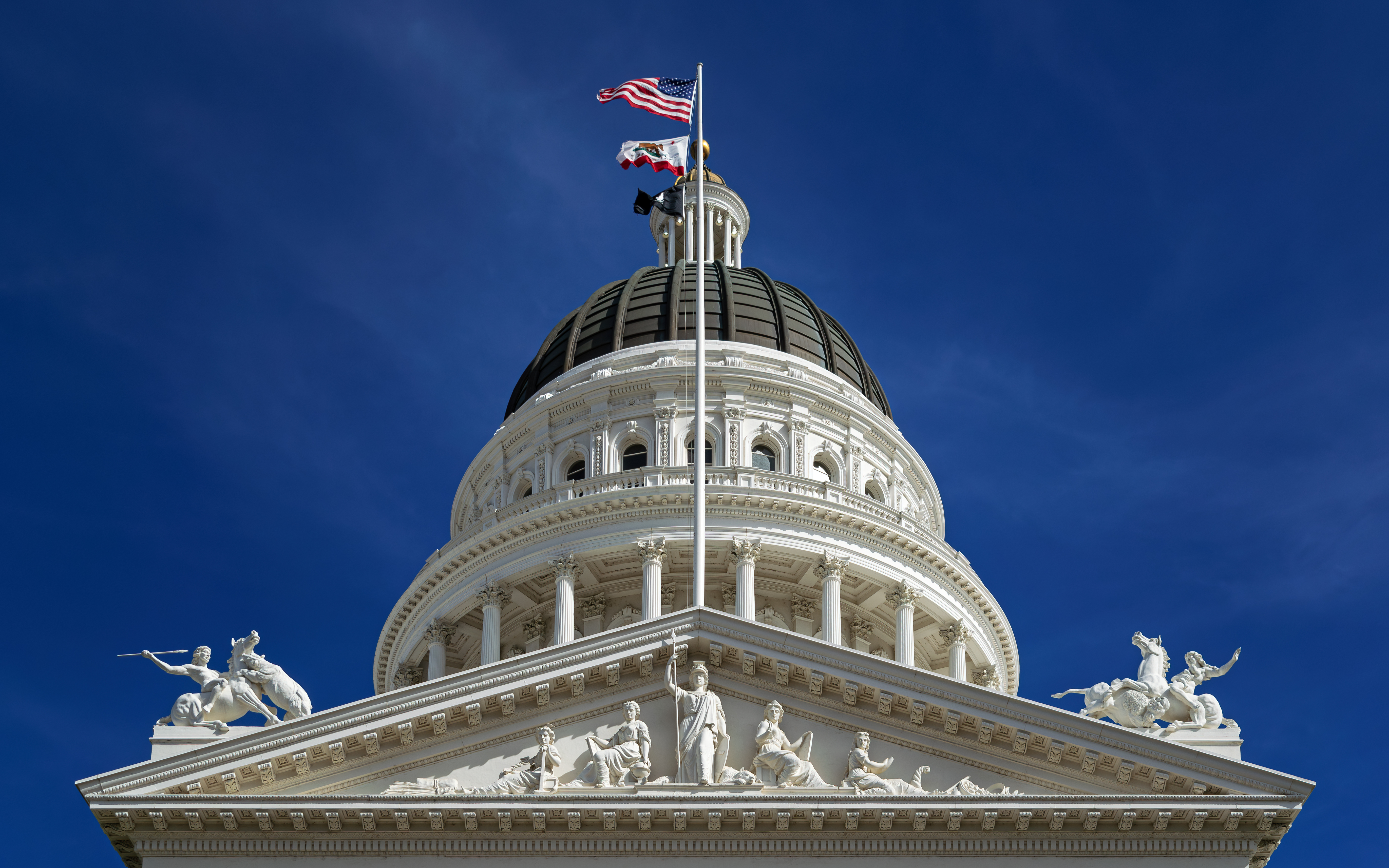When President Trump announced his TikTok deal, the Washington establishment predictably scrambled to find fault with a solution that elegantly balances national security with constitutional principles. But as veteran investigative journalist Peter Schweizer correctly notes, this approach represents “a step in the right direction”—and patriots should recognize it as something far more significant: a masterclass in strategic governance that puts American interests first without sacrificing our foundational values.
The brilliance of Trump’s TikTok strategy lies in its surgical precision. Rather than pursuing the blunt instrument of an outright ban—which would have inevitably spawned dozens of copycat platforms with identical vulnerabilities—this deal directly addresses the core threat: Chinese Communist Party access to American data and influence over American discourse. It’s the difference between treating symptoms and curing the disease.
For too long, America’s approach to foreign digital threats has oscillated between naive accommodation and constitutional overreach. The Biden administration’s fumbling attempts at tech regulation exemplified this confusion, producing policies that somehow managed to be both ineffective and heavy-handed. Trump’s TikTok solution demonstrates what competent leadership looks like: protecting legitimate national security interests while preserving the free market innovation that built American technological dominance.
The data sovereignty implications cannot be overstated. With over 170 million Americans using TikTok, the platform represented an unprecedented intelligence goldmine for our primary geopolitical rival. Every scroll, every like, every comment fed directly into Chinese government databases, creating detailed psychological profiles of American citizens. The deal effectively severs this digital umbilical cord to Beijing while preserving Americans’ access to the platform they’ve chosen to use.
Constitutionally, this approach respects the delicate balance between federal power and individual liberty that defines American governance. Unlike the European Union’s ham-fisted regulatory schemes that stifle innovation while failing to address real security concerns, Trump’s framework acknowledges that government’s role is to protect American sovereignty, not micromanage personal choices. It’s a distinctly American solution to a distinctly modern problem.
The economic implications extend far beyond one social media platform. By establishing clear parameters for foreign-controlled digital platforms operating in American markets, this deal creates a template for protecting our technological infrastructure without abandoning our commitment to entrepreneurial freedom. It signals to other foreign adversaries that access to American consumers comes with respect for American sovereignty—a principle that will prove crucial as digital threats from hostile nations continue evolving.
Schweizer’s observation about the “step in the right direction” reflects a deeper truth about effective governance: sometimes the best solutions are those that solve specific problems without creating new ones. The globalist approach of recent decades consistently failed this test, producing policies that expanded government power while leaving core vulnerabilities unaddressed. Trump’s TikTok deal demonstrates that America First principles can guide sophisticated policy solutions that actually work.
Critics who dismiss this achievement as insufficient miss the broader strategic picture. This isn’t just about one Chinese-owned app—it’s about reclaiming American agency in the digital age. For decades, we’ve allowed foreign adversaries to exploit our openness while offering nothing comparable in return. The TikTok deal begins reversing this one-sided arrangement, establishing reciprocity as the foundation for digital commerce.
Looking ahead, patriots should view this success as a model for addressing other Chinese-controlled technologies currently operating in American markets. From telecommunications equipment to payment platforms, the same principles apply: protect American sovereignty without abandoning American values.
The TikTok deal proves that America First governance can navigate complex modern challenges while honoring constitutional principles. It demonstrates that protecting American interests doesn’t require abandoning American ideals—it requires leadership smart enough to distinguish between the two. That’s exactly what President Trump has delivered, and exactly what America needs more of.





